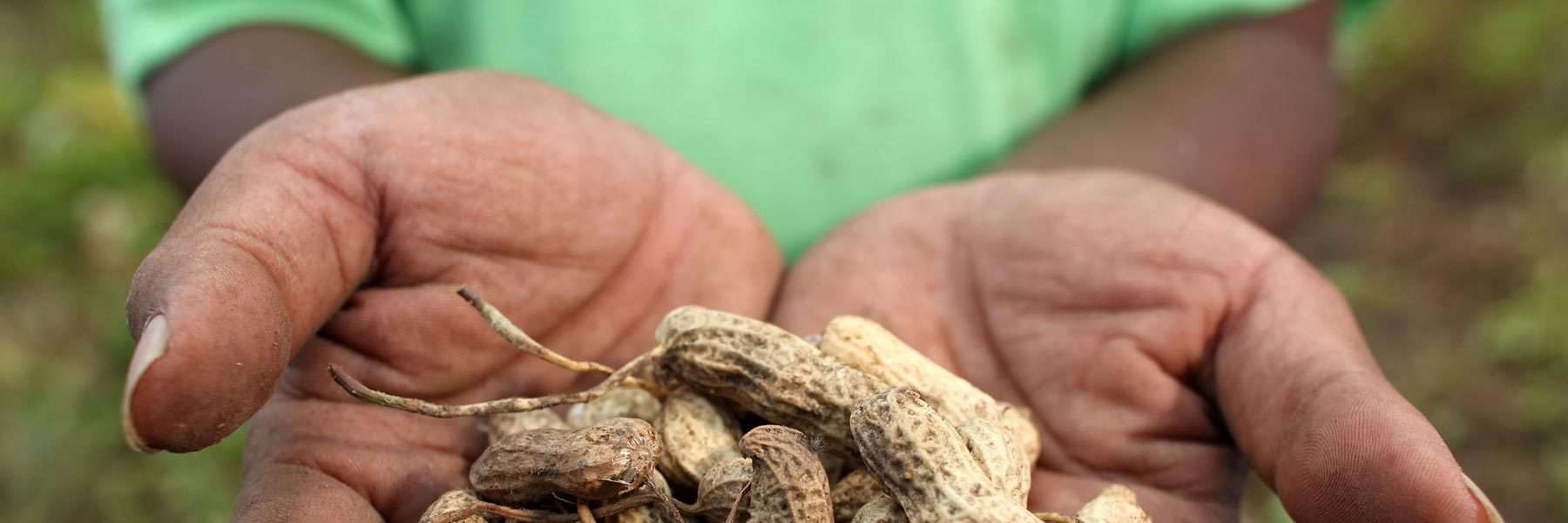National Farmers Union welcomes Senate report on Bee Health
(June 5, 2015) = The National Farmers Union (NFU) is pleased to see the report, The Importance of Bee Health to Sustainable Food Production in Canada, which reflects serious attention by the Senate Agriculture and Forestry Committee in its study of the health of bees, including the effect of neonicotinoid insecticides on honeybees and other pollinators. The Senate Committee sought input from a variety of different perspectives, including the NFU, which appeared as witness before the Committee on May 1, 2014. The NFU submission is available at http://www.nfu.ca/story/importance-bees-and-bee-health.
“The Senate recommendations include aspects of key points made by the NFU, including a call for more research on neonicotinoid impacts, improvements in monitoring of bee mortality, availability of more untreated seed, reduced reliance on chemical strategies to manage pests in both bees and crops, and promoting greater biodiversity in the landscape,” noted Karen Eatwell, NFU Region 3 (Ontario) Coordinator.
“The NFU would urge that research, monitoring, evaluation and program development regarding pollinator health be led by independent third-party scientists, funded by the public in the public interest,” said Ann Slater, NFU Vice President of Policy.
“The Senate report’s recommendation that the Bee Health Forum provide research leadership does not adequately reflect the public interest as it is currently composed. Many of its members have a financial interest in the continued widespread use of the neonicotinoid seed treatments sold by their members,” Slater continued. “If the Bee Health Forum is to take the lead on any of the Senate Committee’s recommendations it needs to include a wider cross-section of perspectives, including representatives from the organizations representing beekeepers who have experienced bee mortalities linked to neonicotinoids in Ontario and Quebec.”
“The NFU does not support the Senate Committee’s recommendation to allow importation of bee packages from the USA,” said Saskatchewan beekeeper and NFU member, Karen Pedersen. “We need to maintain the current rules to prevent the accelerated introduction of new diseases and pests, resistant diseases and pests and Africanized bees. Even with effective inspection, importing bees from a jurisdiction that cannot supply its own market is not a solution.”
“The Senate Commitee’s study is an important contribution to the public discussion of bee health,” noted Slater. “We support the efforts of beekeepers to protect their bees and their livelihoods, and continue to urge governments to use the precautionary approach when regulating pesticides such as neonicotinoids and to take steps to increase biodiversity across our landscape to the benefit of both bees and other pollinators. ”
– 30 –
For more information:
Karen Eatwell, NFU Region 3 (Ontario) Regional Coordinator: (519) 232-4105
Ann Slater, NFU Vice President, Policy: (519) 349-2448
Karen Pedersen, NFU member: (306) 398-7726 or (306) 398-3633
NFU Submission to Senate Agriculture and Forestry Committee on the Importance of Bees and Bee Health
NFU’s Recommendations from its Submission to Standing Senate Committee on Agriculture and Forestry on the Importance of Bees and Bee Health, May 1, 2014:
The NFU believes that in order to protect the bees and pollinators that are essential for the production of a wide variety of foods and for the biodiversity of our agricultural and natural ecosystems, an immediate moratorium must be placed on the use of neonicotinoids as seed treatments in field crops. Our detailed recommendations are as follows:
1. Place a five-year moratorium on the use of neonicotinoid seed treatments in all field crops;
2. If necessary, begin with a five-year moratorium on the use of neonicotinoid seed treatments on corn and soybeans in Ontario and Quebec;
3. Request that Health Canada announce the moratorium as soon as possible so that it can come into effect on January 1, 2015;
4. Allow farmers to apply for one-time use of a neonicotinoid seed treatment only if they can (1) demonstrate through a soil test or monitoring program that their crop will be threatened by pest pressure and (2) demonstrate that there are no alternative control options;
5. Require that a permit be submitted to purchase neonicotinoid seed treatments, that the seed treatments be purchased separately from seed and that the cost of the seed and the treatment be listed separately when one-time use applications are approved;
6. Monitor approved one-time use applications and publish a list of ‘hot spots’ where a significant number of farmers have applied to use neonicotinoid seed treatments;
7. Assess and implement integrated pest management (IPM) programs which are run in the public interest for the public good and designed to benefit farmers and both natural and agricultural ecosystems;
8. In the public interest, research and widely promote alternative and ecological farming practices which do not depend on the use of chemical pesticides. This would include options such as more diverse and longer crop rotations and increased use of cover crops;
9. Undertake publicly funded, independent field trials in the public interest to assess field crop yields, including corn, soybean, canola and wheat yields, produced with and without neonicotinoid seed treatment, with other chemical pest control agents and with non-chemical alternatives;
10. Publicly fund programs to monitor soil as well as surface and ground water sources for residual neonicotinoid levels before and after the moratorium is implemented;
11. Publicly fund programs to monitor and release bee and other pollinator population counts before and after a moratorium is implemented;
12. Initiate and support initiatives to create and maintain natural areas within agricultural areas to increase the biodiversity across the landscape and to provide habitat for bees and native pollinators; and
13. Compensate beekeepers for losses caused by pesticide poisoning beginning in 2012 and continue such compensation until neonicotinoid seed treatments have been removed from the market.
